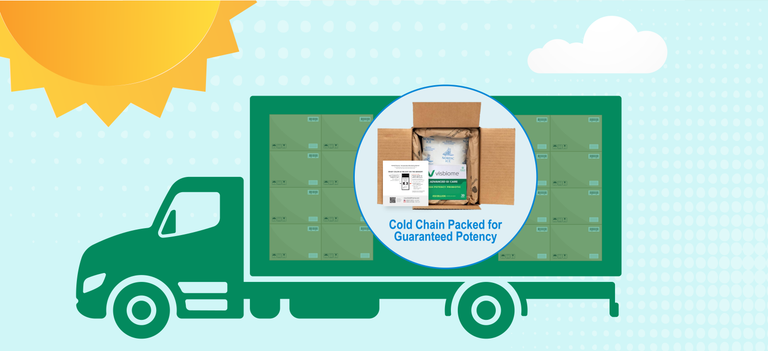In This Article
Share On
Discover how food journaling can help identify IBS trigger foods and support better digestive health. Managing Irritable Bowel Syndrome (IBS) can be challenging, but keeping a detailed food journal offers a powerful way to gain control over symptoms and improve overall well-being.
Understanding IBS and the Role of Food Journaling
IBS is a chronic gastrointestinal disorder that causes symptoms like abdominal discomfort, bloating, and irregular bowel habits. Identifying symptom triggers is often difficult due to IBS’s complex nature. However, food journaling for IBS provides a structured method to connect dietary intake with symptoms, making it easier to pinpoint potential triggers.
How Do Food Journals Help Manage IBS Symptoms?
A food journal allows for personalized tracking of both food and symptom patterns. This helps in identifying correlations and uncovering specific foods that may be contributing to flare-ups.
3 Easy Steps to Start Food Journaling for IBS
-
Choose Your Format:
Select a method that suits your lifestyle—whether it's a physical notebook, a smartphone note-taking app, or a dedicated food journal app. You can download our free food journal template here. -
Set Clear Goals:
Define what you hope to achieve, such as identifying trigger foods, monitoring symptoms, or tracking meal timing. -
Record Consistently:
Keep daily entries of everything you eat and drink, along with your symptoms.
What to Include in Your IBS Food Journal
To get the most value from your journal, include detailed entries such as:
- Meal and snack times
- Specific food items and portion sizes
- Cooking methods
- Beverages and supplements
- IBS-related symptoms (e.g., bloating, gas, abdominal pain, diarrhea, or constipation)
- Emotional state and stress levels before and after meals
This holistic approach gives you a complete picture of how your body responds to various factors.
Analyzing Food Journal Entries to Uncover IBS Triggers
Review your journal regularly to identify common symptom patterns or frequently problematic foods. For example, you may notice consistent bloating after consuming dairy or symptoms flaring after eating certain high-FODMAP foods.
This information becomes even more effective when shared with a registered dietitian or healthcare provider, helping them create a personalized IBS management plan tailored to your needs.



